The Plains
Norstrilia Press, 126 pp, $4.95 pb
The Plains by Gerald Murnane
The Plains is a book for the critic, not the mere reviewer. It is a strange creature, to be approached with care.
Several omens made me cautious. My review copy reached me three months after the date of posting. It was not in mint condition. In fact, the advanced state of spinal curvature is but a bagatelle to the numerous textual annotations and underlinings. There are apparently some gremlins in Australia Post determined to regulate the vagaries of our national reviewing. Most assiduously, during my trek, I closed my eyes to their signposts. Then I found myself dallying with the novel in an eating-house. A gentleman opposite asked if what I was reading had come from Israel. I took his point. Upside down, as well as right side up, the blue cover lettering might well pass for Hebrew. The cover is an abomination. Other people may have thought so too, for the book (first edition, first printing) is also sold in a different, brown dust jacket. A friend acquired a copy and was delighted to find he had scored two dust jackets, the brown and the blue.
Continue reading for only $10 per month. Subscribe and gain full access to Australian Book Review. Already a subscriber? Sign in. If you need assistance, feel free to contact us.



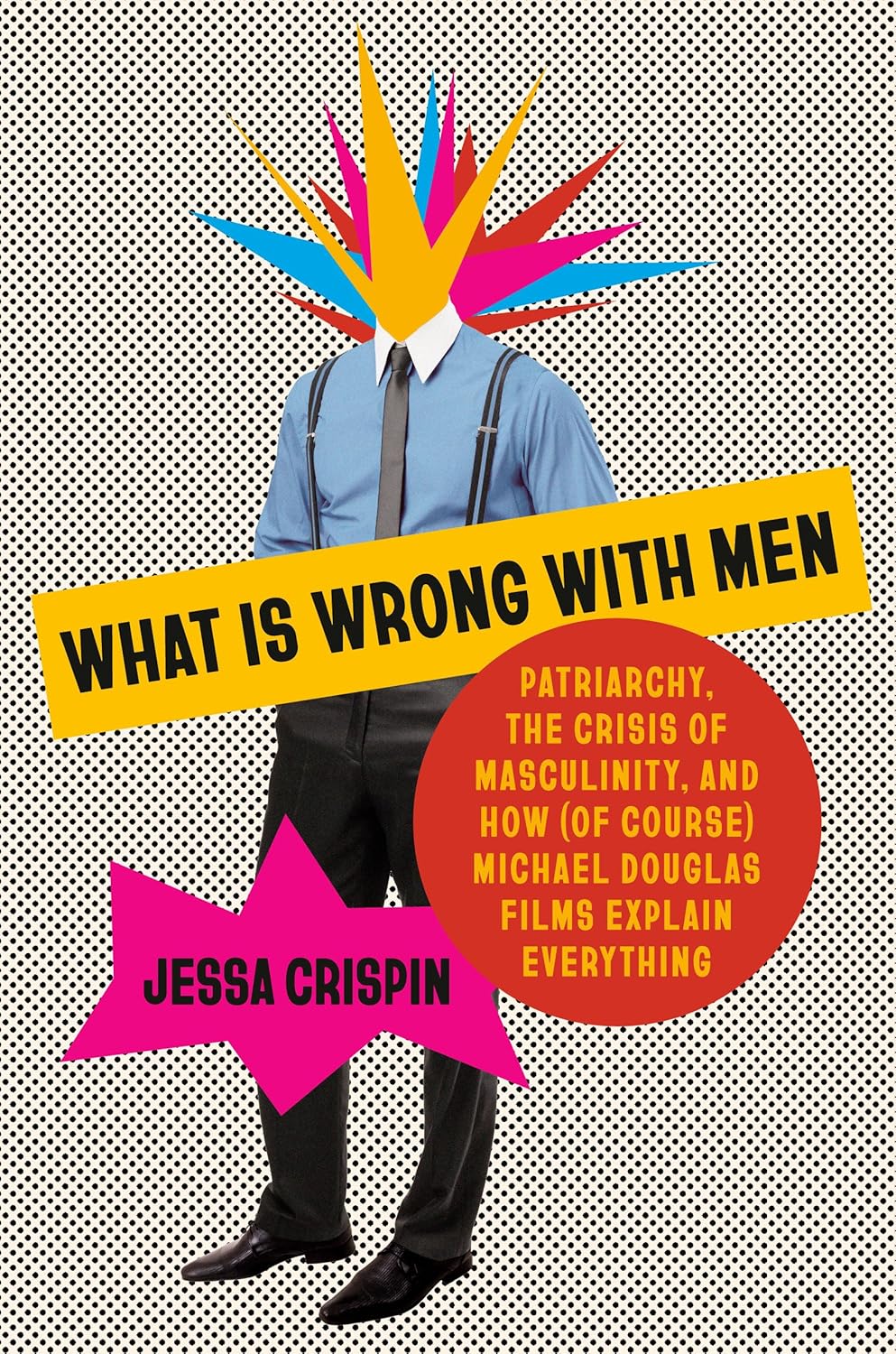

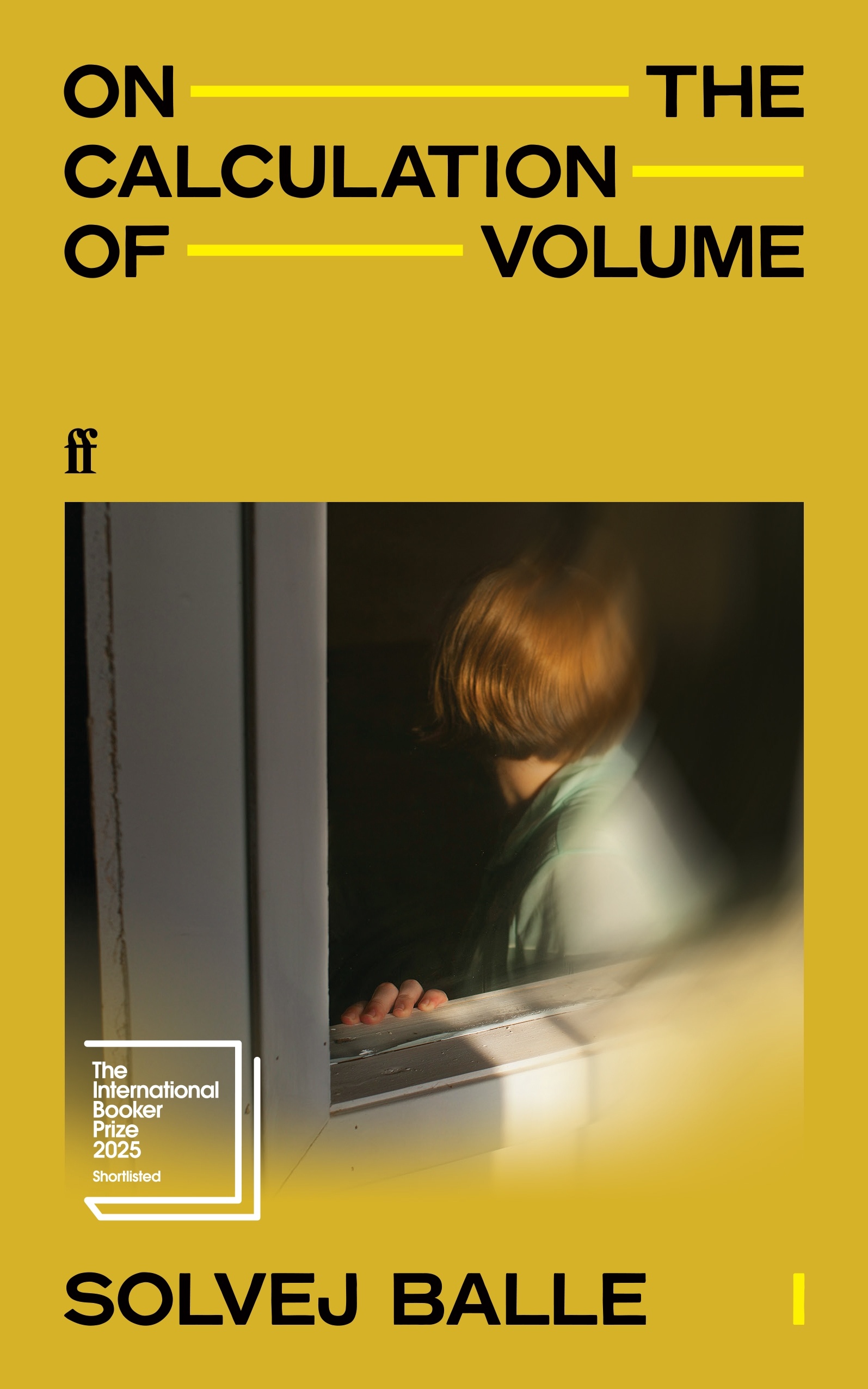
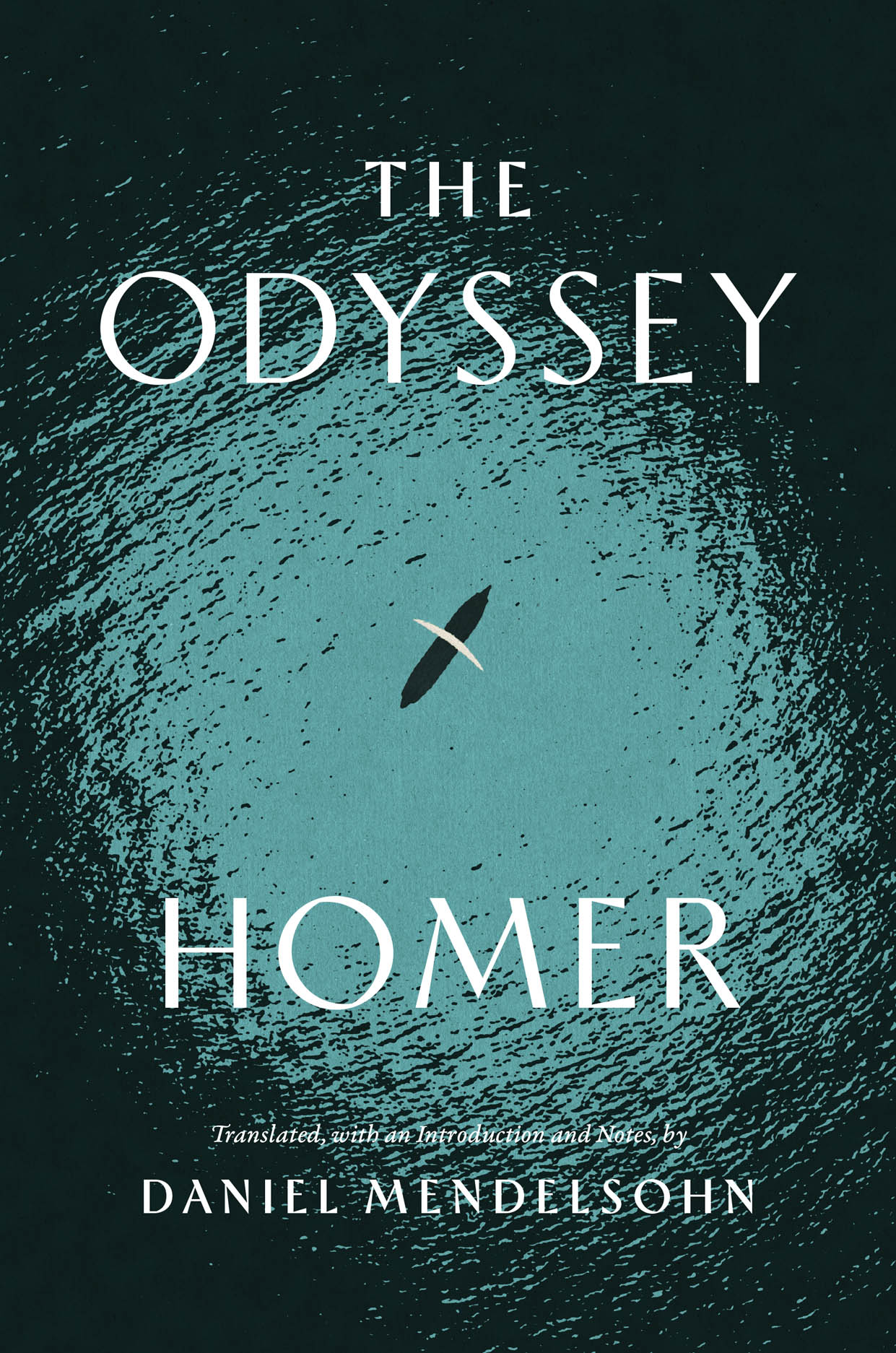

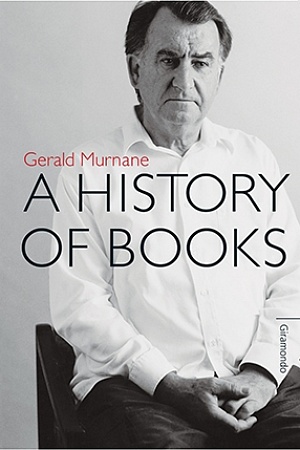
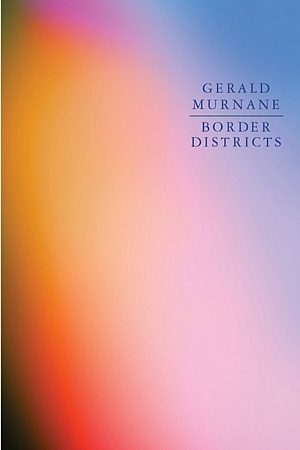
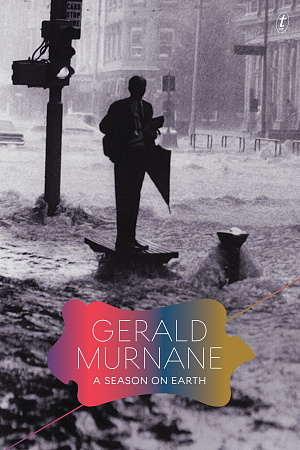
Comment (1)
Leave a comment
If you are an ABR subscriber, you will need to sign in to post a comment.
If you have forgotten your sign in details, or if you receive an error message when trying to submit your comment, please email your comment (and the name of the article to which it relates) to ABR Comments. We will review your comment and, subject to approval, we will post it under your name.
Please note that all comments must be approved by ABR and comply with our Terms & Conditions.